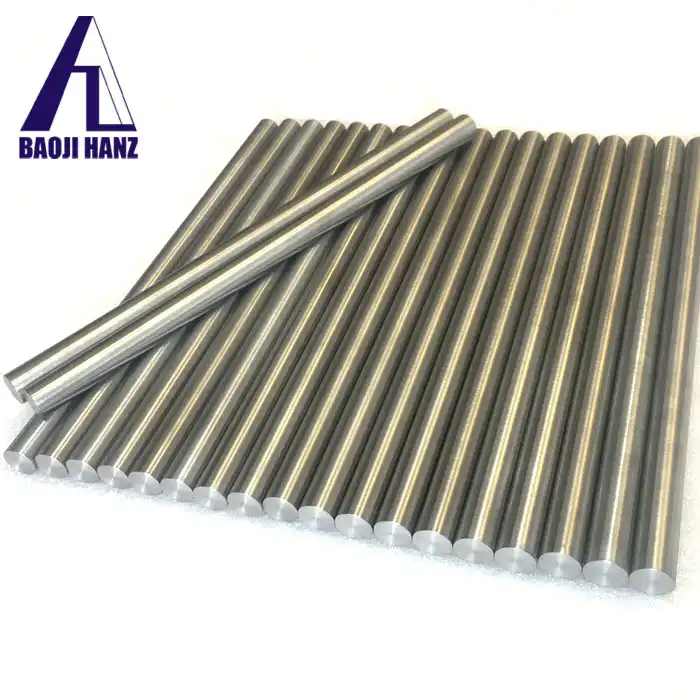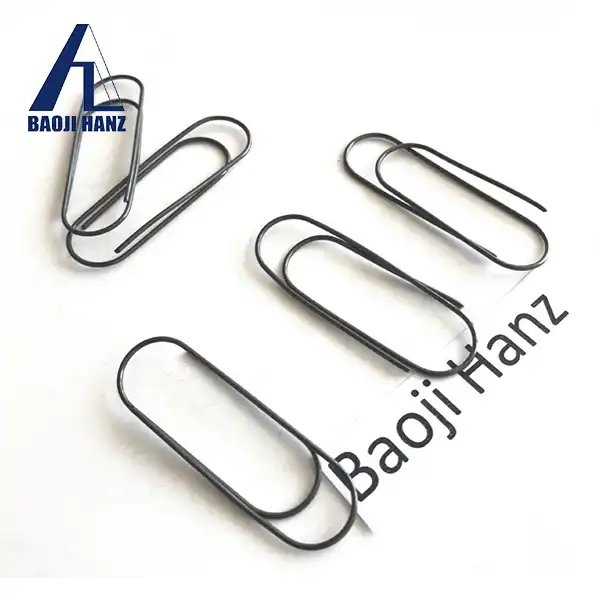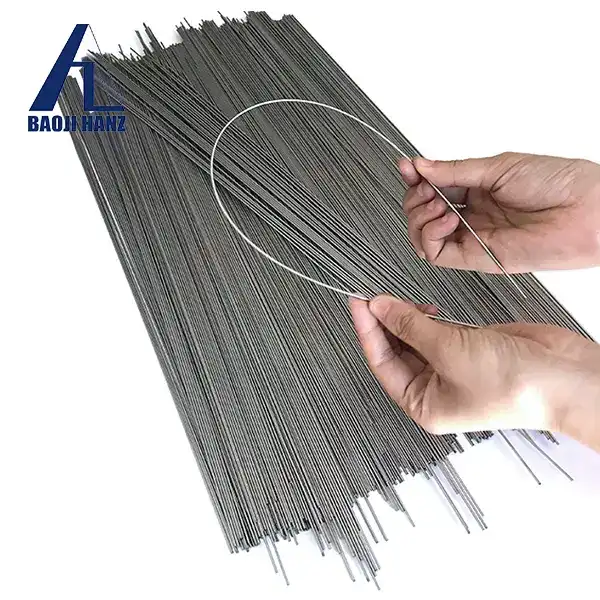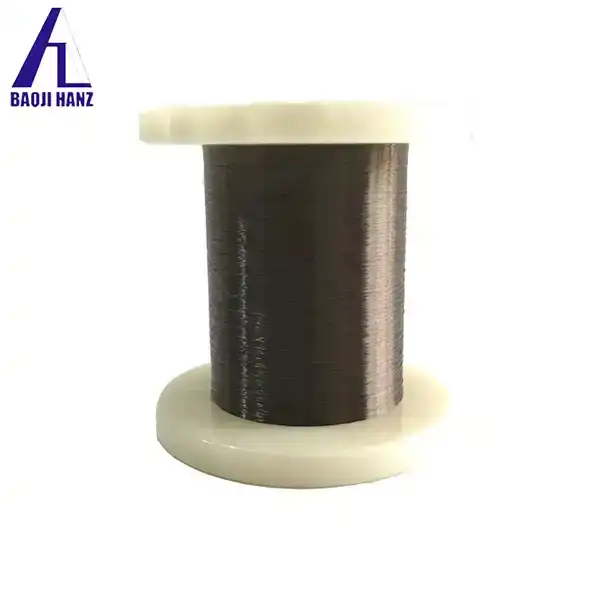Will nitinol ingots corrode?
2024-07-19 17:54:16
Can nitinol ingots withstand harsh environmental conditions?
Yes, Nitinol ingots can withstand harsh environmental conditions admirably well due to their inherent properties. Nitinol's high corrosion resistance, biocompatibility, and robustness make it suitable for various demanding environments. It can endure exposure to moisture, chemicals, and temperature fluctuations without significant degradation. These characteristics make Nitinol ingots particularly valuable in aerospace, medical, and industrial applications where reliability and performance under extreme conditions are crucial. Proper selection of Nitinol alloys and adherence to recommended handling and maintenance practices further ensure their ability to withstand and perform consistently in challenging environmental settings.
How are Durable Nitinol Ingots manufactured to resist corrosion?
Durable Nitinol ingots are manufactured to resist corrosion through several key processes. Firstly, high-purity nickel and titanium are meticulously alloyed in precise ratios to achieve desired properties. The alloy undergoes controlled melting and casting under inert atmospheres to prevent contamination. Post-casting, heat treatments are applied to enhance the formation of a protective oxide layer on the surface, which improves corrosion resistance. Quality control measures, including chemical analysis and mechanical testing, ensure consistent composition and performance. Proper handling and storage techniques further maintain the integrity of Nitinol ingots, ensuring they can withstand corrosive environments effectively over prolonged periods.
What are the applications of High-Strength Nitinol Ingots in corrosive environments?
High-strength Nitinol ingots find diverse applications in corrosive environments due to their exceptional properties. They are used in marine equipment, such as underwater connectors and actuators, where resistance to saltwater corrosion is crucial. In oil and gas industries, Nitinol ingots are employed in downhole tools and valves that endure harsh drilling fluids and high-pressure environments. Medical devices, including surgical instruments and implants, benefit from Nitinol's biocompatibility and corrosion resistance within the body. Aerospace applications include components like aircraft fasteners and engine parts, where durability against fuel and atmospheric conditions is essential. Overall, Nitinol ingots ensure reliable performance in demanding, corrosive settings across various industries.
Conclusion
The question "Will nitinol ingots corrode?" hinges on various factors explored in this blog. Understanding their composition, manufacturing techniques, and real-world applications elucidates the importance of corrosion resistance in ensuring the reliability and longevity of nitinol ingots across diverse industries.
References
-
"Nickel-Titanium (NiTi) Shape Memory Alloy - Nitinol." Materion Corporation. [Link]
-
A. Razzaq et al., "Surface Engineering of Nitinol: A Review." Materials (Basel). [Link]
-
"Corrosion of Nitinol and Other NiTi Alloys: A Review." Corrosionpedia. [Link]


.webp)


.webp)
.webp)
.webp)
